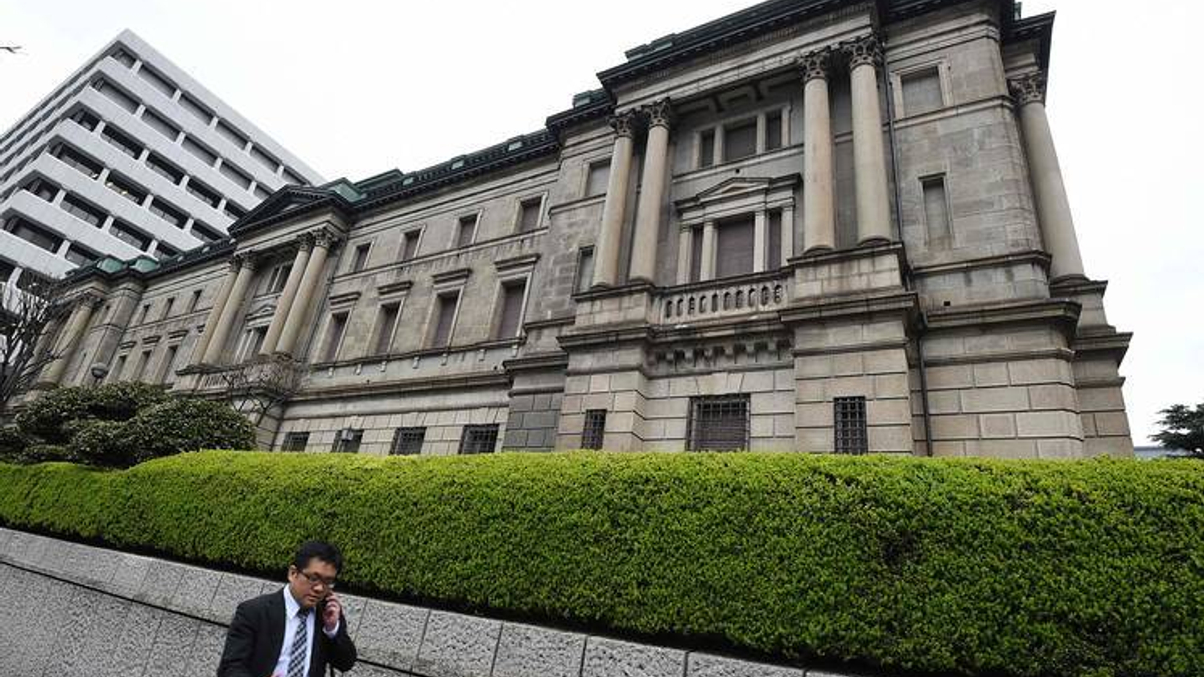Tokyo fails to inspire confidence in risk assets
Investors saw the latest round of stimulus in Japan as disappointing; it also highlights problems faced by other economies, says Paul Markham of UK fund house Newton.

Moves in the past week by the Bank of Japan (BoJ) and Prime Minister Shinzo Abe’s government aimed at re-invigorating the country’s economy have failed to inspire investor confidence. They also appear to have also foreshadowed problems looming for other economies.
Sign in to read on!
Registered users get 2 free articles in 30 days.
Subscribers have full unlimited access to AsianInvestor
Not signed up? New users get 2 free articles per month, plus a 7-day unlimited free trial.
¬ Haymarket Media Limited. All rights reserved.


